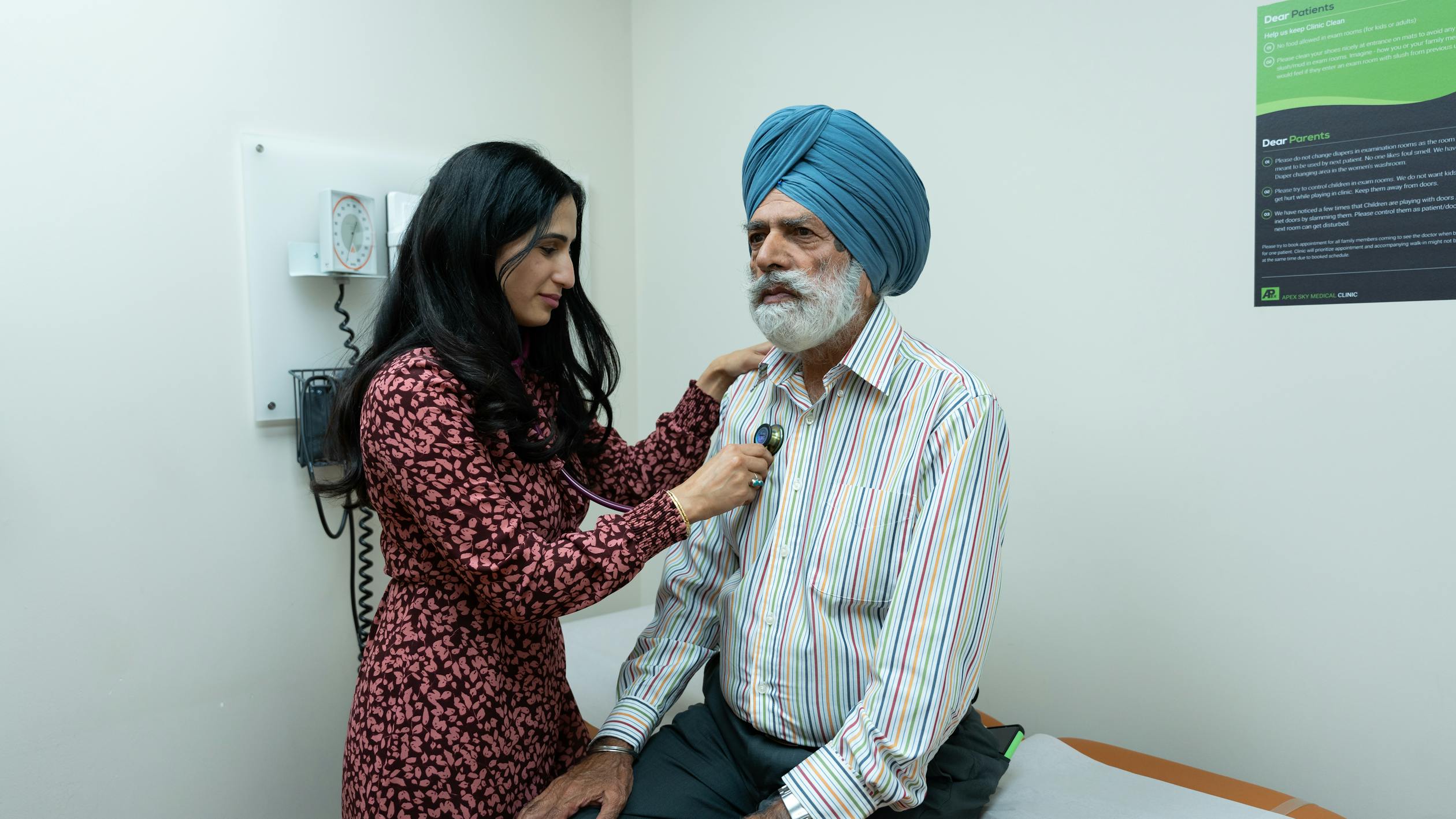Communities nationwide are facing a shortage of maternity health care providers with nearly 7 million women living in so-called “maternity care deserts,” according to the March of Dimes; photo via Pexels.com.
On the heels of Mother’s Day, Massachusetts lawmakers are backing legislation to address the country’s high rates of maternal mortality.
The “Mamas First Act” would expand Medicaid coverage to include doula and midwife services, which are proved to reduce the rates of C-sections, decrease maternal anxiety and boost communication between mothers and their doctors.
Rep. Ayanna Pressley, D-Mass., said a safe pregnancy should be a right, not a privilege.
“This is common-sense policy that will ensure our lowest-income mothers are able to access comprehensive maternal care and save lives,” Pressley asserted.
Massachusetts has one of the lowest maternal mortality rates in the nation but Pressley pointed out predominantly Black neighborhoods in the Boston-area face drastic health disparities, with preterm birthrates 50% higher among Black women compared to white women.
Backers of the “Mamas First Act” said expanding Medicaid coverage to nonclinical providers, such as midwives, will also help improve cultural competency, leading to better health outcomes in diverse communities.
Regina Davis Moss, president of the National Black Women’s Reproductive Justice Agenda, said research shows pregnant women of color are experiencing higher mortality rates in states with restrictive abortion bans.
“There’s going to be a need to name and address systemic racism,” Moss emphasized. “We want to hear politicians leaning into that. It’s going to be critical to them if they want to earn our votes.”
Moss noted a recent poll found more than 90% of women of color want Congress to address issues of racial justice and health care. She added women of color have traditionally been one of the strongest and most consistent voting groups and it is time for policymakers to address their needs.








